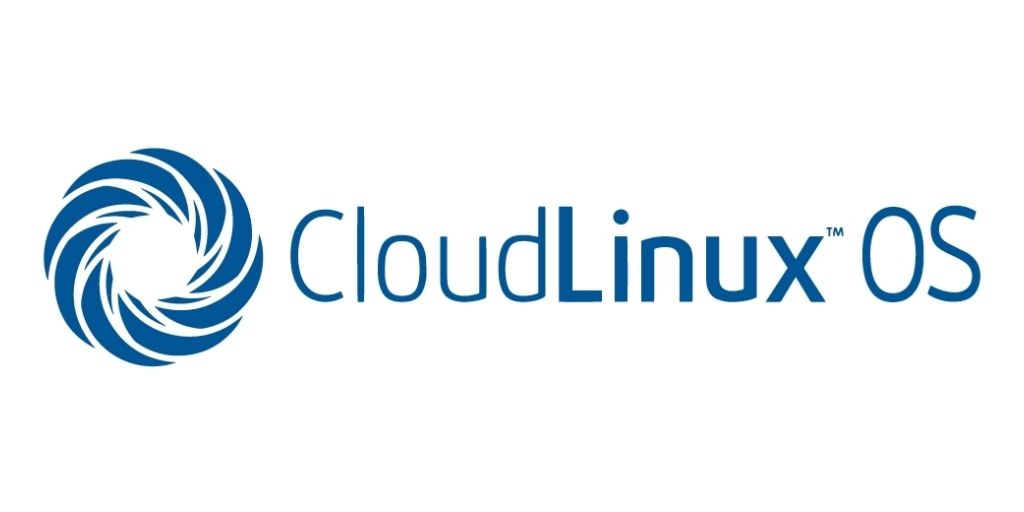Cloud Linux OS – CloudLinux OS is a Linux distribution specifically designed for shared hosting environments. It enhances server stability, security, and efficiency by isolating each user into a separate lightweight virtualized environment called LVE (Lightweight Virtual Environment).
This isolation prevents one user from affecting others due to resource usage spikes or security vulnerabilities. CloudLinux also offers features like CageFS for additional security by encapsulating each user’s files and processes. Overall, CloudLinux is used to meet the unique needs of hosting providers, ensuring a reliable and secure hosting environment for websites and applications.
Table of Contents
What is Cloud Linux OS?
CloudLinux is a specialized operating system designed specifically for web hosting environments, particularly shared hosting providers. It enhances the security, stability, and performance of servers by isolating users and managing resources efficiently. Developed by CloudLinux Inc., the OS aims to improve the overall hosting experience for both providers and their clients.

Features of CloudLinux OS
- LVE (Lightweight Virtual Environment) Technology:
- Resource Allocation: Isolates each tenant (user or website) into separate environments, limiting the resources each can use (CPU, memory, I/O).
- Stability: Prevents one user from consuming excessive resources and affecting the performance of others.
- CageFS:
- User Isolation: Virtualized file system that encapsulates each user, preventing users from seeing each other and potentially exploiting vulnerabilities.
- Enhanced Security: Limits the user’s view to their own files and the core operating system files.
- PHP Selector:
- Multiple PHP Versions: Allows users to choose from various PHP versions and extensions, ensuring compatibility with different applications.
- MySQL Governor:
- Database Performance: Monitors and manages MySQL usage, preventing excessive resource consumption by individual users.
- Load Balancing: Ensures fair distribution of MySQL resources among users.
- SecureLinks:
- Enhanced Security: Prevents symbolic link attacks, adding another layer of protection for shared hosting environments.
- Hardened Kernel:
- Kernel Patching: Provides a more secure kernel by applying patches that address security vulnerabilities and improve stability.
- Real-time Patching: Allows for kernel patches without the need for reboots, minimizing downtime.
- Reseller Limits:
- Resource Management: Enables hosting providers to set resource limits for resellers, ensuring fair distribution and preventing resource abuse.
- Centralized Monitoring:
- Performance Tracking: Provides tools for monitoring and managing server performance, with alerts for potential issues.
- Integration with Control Panels:
- Compatibility: Works seamlessly with popular control panels like cPanel, Plesk, and DirectAdmin, providing an easy-to-use interface for managing hosting environments.
- ModSecurity Rules:
- Web Application Firewall: Enhances security by integrating with ModSecurity and offering additional rules to protect against common web threats.

Use Cases and Applications
CloudLinux OS is primarily designed for web hosting providers, but its features and benefits make it suitable for a variety of use cases and applications. Here are some of the primary use cases and the types of applications that benefit from using CloudLinux OS:
- Shared Hosting Providers:
- Resource Isolation: By isolating each user in Lightweight Virtual Environments (LVEs), shared hosting providers can prevent a single user from consuming excessive resources, ensuring stable and reliable performance for all users on the server.
- Security: CageFS and SecureLinks enhance security by isolating users and protecting against common attacks.
- Reseller Hosting:
- Reseller Limits: Hosting providers can set resource limits for resellers, ensuring fair resource distribution and preventing abuse.
- Flexible Environment: Resellers can offer a variety of PHP versions and extensions, catering to different customer needs.
- WordPress Hosting:
- Performance Optimization: CloudLinux OS can handle high-traffic WordPress sites efficiently by managing resources and preventing overload.
- Security: Enhanced security features protect WordPress installations from vulnerabilities and attacks.
- E-commerce Hosting:
- Stability: Ensures that high-traffic periods, such as sales events, do not affect the performance of other hosted sites.
- Security: Protects sensitive customer data and transactions with robust security measures.
- Development and Testing Environments:
- Multiple PHP Versions: Developers can test their applications on different PHP versions without affecting other users.
- Resource Management: Efficiently allocates resources for development and testing without impacting the live environment.
- SaaS Providers:
- Resource Allocation: SaaS providers can ensure that their applications run smoothly by isolating resources for each customer.
- Scalability: Supports a large number of users and applications, making it ideal for growing SaaS businesses.
- Educational Institutions:
- Multi-User Environments: Suitable for educational institutions that require hosting for multiple users, such as students and faculty, with isolated environments for each.
- Resource Control: Ensures fair usage of resources among all users.
Benefits for Web Hosting and Service Providers
- Improved Server Stability:
- Resource isolation prevents any single user from overloading the server, ensuring consistent performance for all users.
- Enhanced Security:
- Features like CageFS, SecureLinks, and the hardened kernel protect against various security threats, making the hosting environment more secure.
- Flexible Hosting Environment:
- PHP Selector and control panel integration provide flexibility for users to customize their hosting environments according to their needs.
- Efficient Resource Management:
- Tools like LVE and MySQL Governor ensure that server resources are allocated efficiently and fairly, preventing abuse and maximizing performance.
- Reduced Downtime:
- Live kernel patching and robust resource management lead to fewer disruptions and better uptime for hosted websites.
- Cost Efficiency:
- Optimized resource usage and improved server stability help reduce operational costs for hosting providers.
- Scalability:
- Designed to handle a large number of users and websites, making it suitable for hosting providers looking to scale their operations.
- User-Friendly Management:
- Easy integration with popular control panels and centralized monitoring tools make server management straightforward for hosting providers.

Conclusion
CloudLinux OS stands out as a specialized operating system designed to enhance the performance, security, and stability of web hosting environments, particularly for shared hosting providers. Its key features, such as Lightweight Virtual Environments (LVE), CageFS, and MySQL Governor, ensure effective resource management, robust security, and reliable server performance. These features collectively prevent resource overuse, isolate users to protect against vulnerabilities, and optimize database usage, thereby providing a stable hosting environment.



